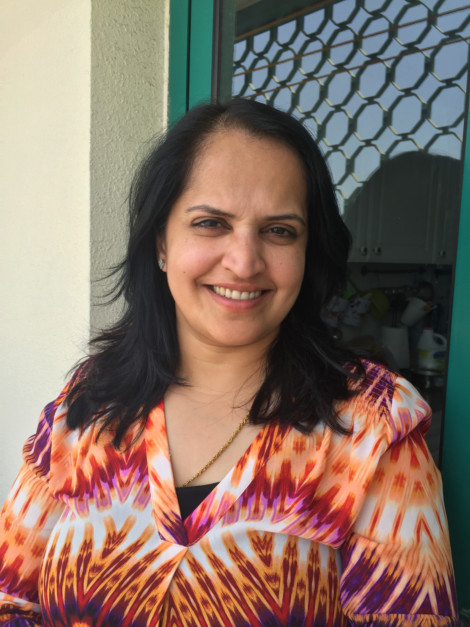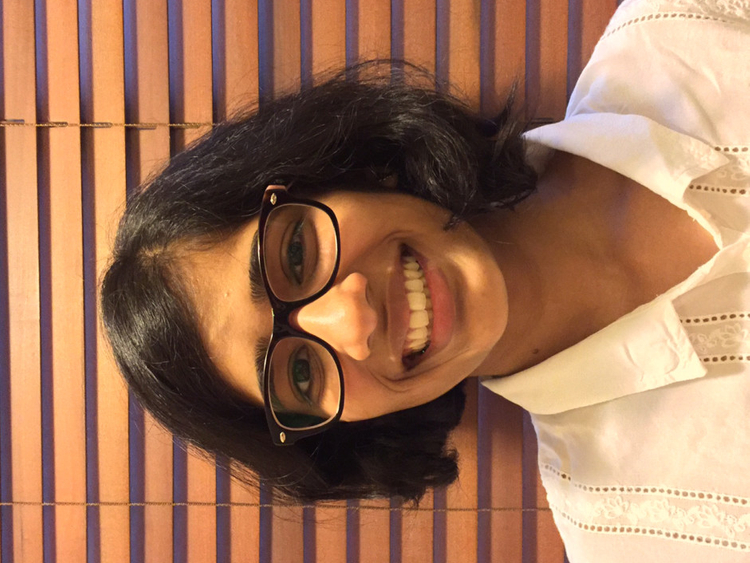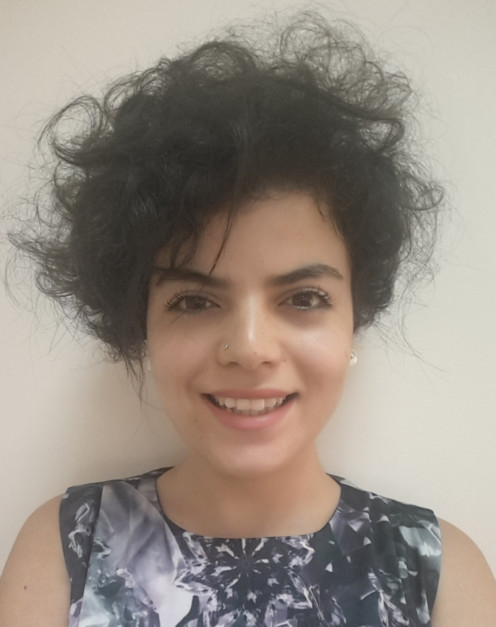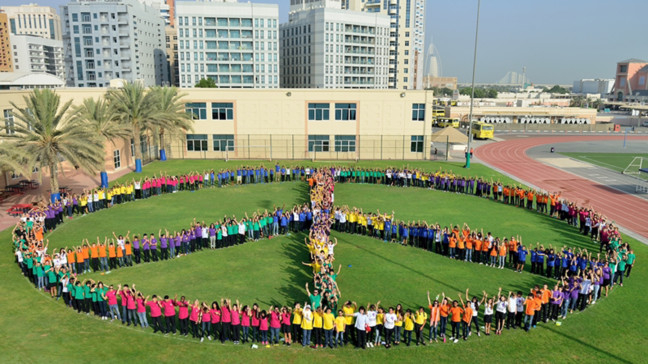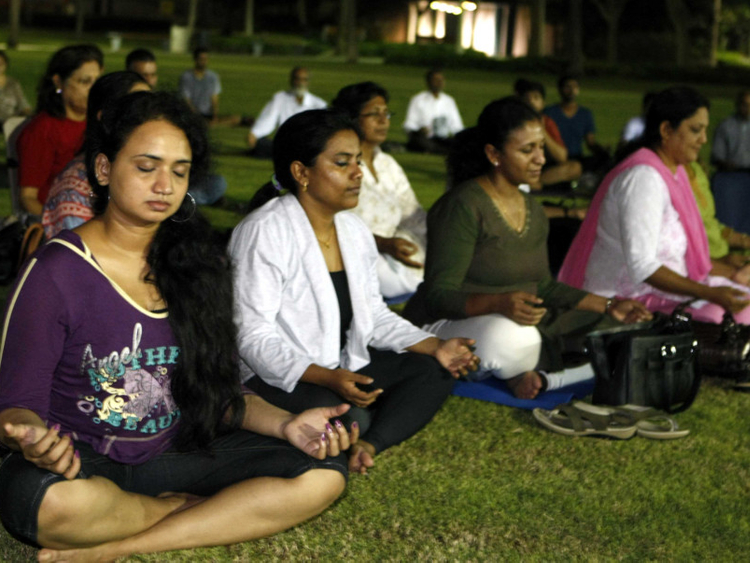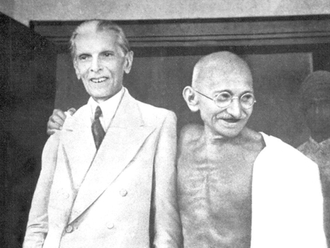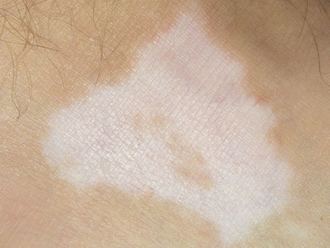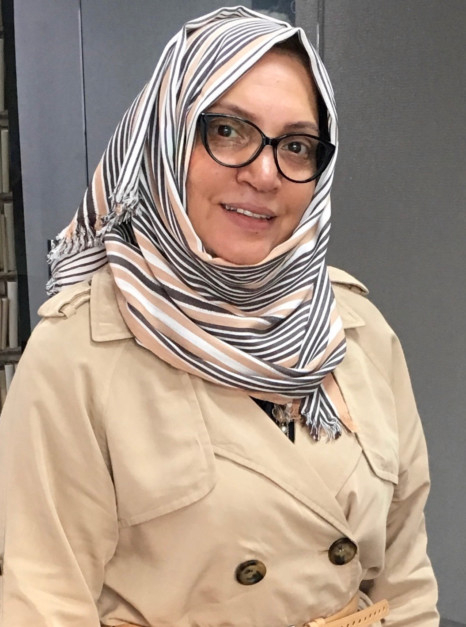
Every day, we are bombarded with disturbing images of war, reports of violence, distressing scenes of conflict, heart wrenching cries of young innocent children, displaced refugees, examples of hate crime, abject poverty and senseless killing.
But, we are commemorating UN’s International Day of Peace tomorrow - September 21.
It was in 1999 that Jeremy Gilley, an actor turned filmmaker founded Peace One Day, a non-profit organisation, to establish an annual day of ceasefire and non-violence.
In 2001 Peace One Day’s efforts were recognised and the member states of the United Nations unanimously adopted the first ever annual day of global ceasefire and non-violence - September 21, Peace Day. The General Assembly declared this as a day devoted to strengthening the ideals of peace, both within and among all nations and peoples.
As the UN website states: “Peace One Day is impartial and independent of any government, political persuasion, corporation or religious creed. Through a multi-platform approach, They utilise different tools to raise awareness, advocate for Peace Day and engage the global community in its broad observance. Peace One Day continues to encourage organisations and individuals take specific actions to reduce violence around the theme: Who Will You Make Peace With? This year, the campaign hopes to reach out to over 3 billion people”.
Over the years, people in cities and villages worldwide have participated in the International Day of Peace in various meaningful ways. Be it education, arts, music, social justice, sports, health, environment, or community service, there are innumerable ways to lend your support.
Last year, Irina Bokova, Director-General of UNESCO while celebrating the 70th Anniversary of the organisation and commemorating International Day of peace said: “For 70 years, our message has been the same. Peace must be built in the minds of women and men, on the basis of human rights and dignity, through cooperation in education, the sciences, culture, communication and information. Solidarity and dialogue are the strongest foundations for peace, guided by equality, respect and mutual understanding.”
We decided to ask our readers about what their idea of peace is and this is what they had to say:
“Though we may be the most advanced species on the planet, how is it that we aid our own destruction? We must learn from our past where war and death never offered a solution but only added more fuel to the fire. People are of different colour, race, and religion. While this stimulates envy, anger, and hatred among each other in some, we should see the beauty of various sights and sounds, unique culture, different styles of music and the miracle of life. Each and every single person has the power to change the world. I can truly say that it is an honour to be a part of the rich, diverse, stunning world we live in, and I hope that one day peace will be a concept everyone will embrace.”
Imasha Walatara,
A level Student
“On an individual level, peace could have a variety of connotations and places in our lives. To me personally, it is encapsulated in the phrase ‘live and let live’. Peace lies in acceptance and empathy of those all around us. I find this a matter of personal satisfaction that I have never considered anyone’s success to be my shortcoming. The wise words of a teacher of mine, urging us to compete with ourselves instead of holding another as a bar of achievement, have stayed with me to this day. On a professional level, it is the sheer joy of a job well done, of having connected to at least one child and of having made a positive impact in his or her life, however small.”
Lathika Manoj
Teacher
“I like to think of peace as the lull before the storm and the rainbow after it. Before a storm, all is quiet and calm, without even a hint of the turmoil to come. And that’s when it comes down upon you, cold and strong. Just when you think you’re done for, out peeps a rainbow - that’s peace to the rescue! But don’t be fooled - it’s there, but not to last forever. There will be more storms, and peace will come and go as it likes. And that’s what makes it so special!”
Niveditha Arjun
Student Grade 11
“Peace, is a word that has been thrashed, tormented, abused and almost killed by those that pretend to understand what it means. Many think that peace is the opposite of war, when it has nothing to do with war. To me peace is when I am having coffee with my Emirati, Nigerian, Iranian, Iraqi, Indian, Pakistani and Syrian friends and discussing fashion, child rearing, cookery and jewelry, or discussing what are the best schools for our kids, or where to send them to study abroad and so on. When we become friends with members of another nationality, and are able to ignore our cultural differences whether its religion, colour, race and so on, then we have truly mastered the art of peace. But if there is a nagging sensation inside our guts that says that we mustn’t like this person because of his faith, then we are very far from achieving peace. Peace is also within ourselves, we must provide our bodies and our brains with the positive energy that it needs so it survives in a tormented world. We can only achieve this inner peace when we make peace with ourselves first and then the world.”
Suad Al Halwachi
Director, Education Zone
“When I hear the word peace the first thing that comes to my mind is what’s inside of me – my inner harmony. To me peace resembles an individual’s ability to feel free from all ties, after all how can we possibly achieve it on a larger scale if we are unable to sense it within? Just like love and every other beautiful feeling in the world one must take a look in the mirror, make a change and it will automatically be reflected on our surroundings. Peace is a state of tranquility, and basically letting go of anything that disturbs that is the key to achieving it.”
Sarah Gamal Al Gohary
Director at NYIT, Abu Dhabi
In the UAE, we have people from more than 200 nationalities living in harmony. As His Highness Shaikh Mohammad Bin Rashid Al Maktoum, Vice-President and Prime Minister of the UAE and Ruler of Dubai, has said: “I believe that positive energy and optimism help us to take up any challenge in life and to succeed in even the most difficult tasks. I also believe that positive energy is contagious: we can transmit it to others.”
- The writer is an educator and highly experienced counsellor based in Dubai


